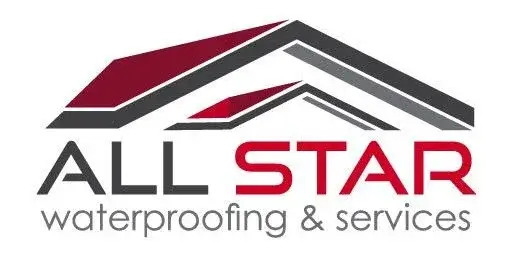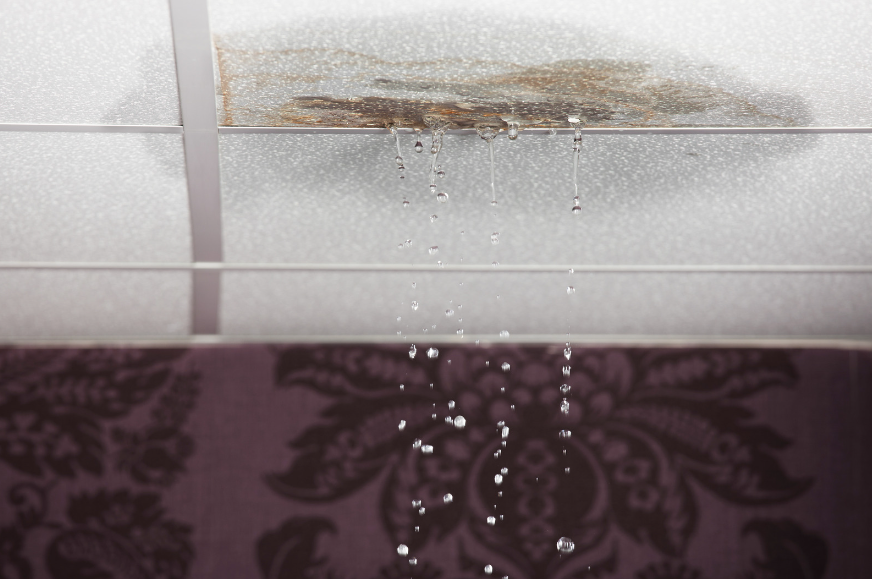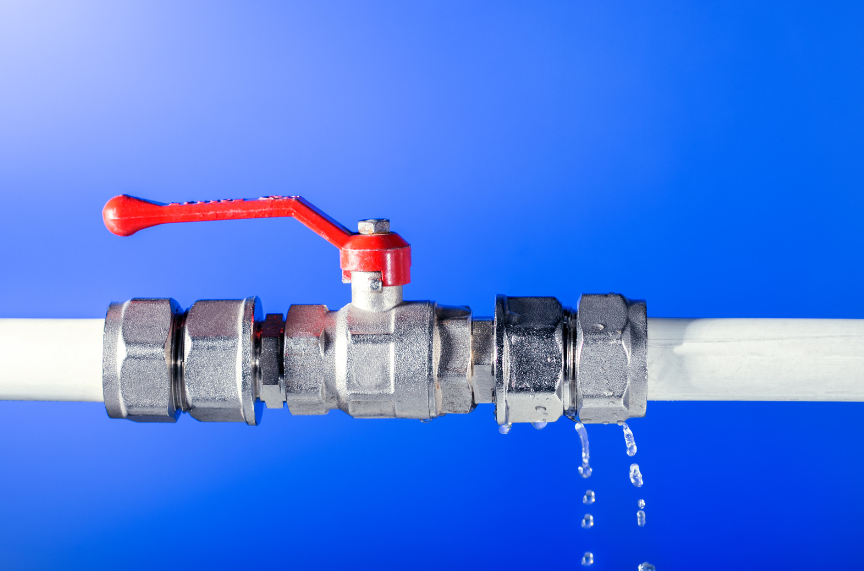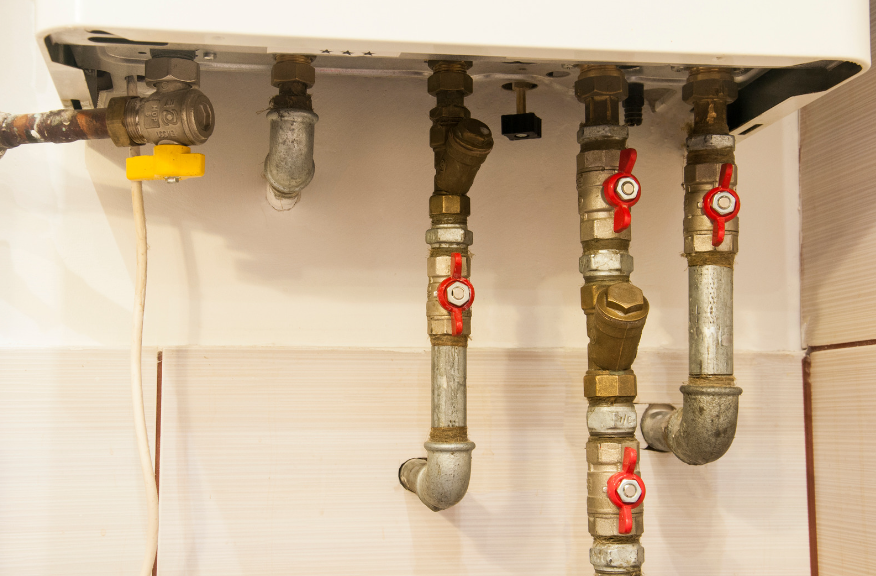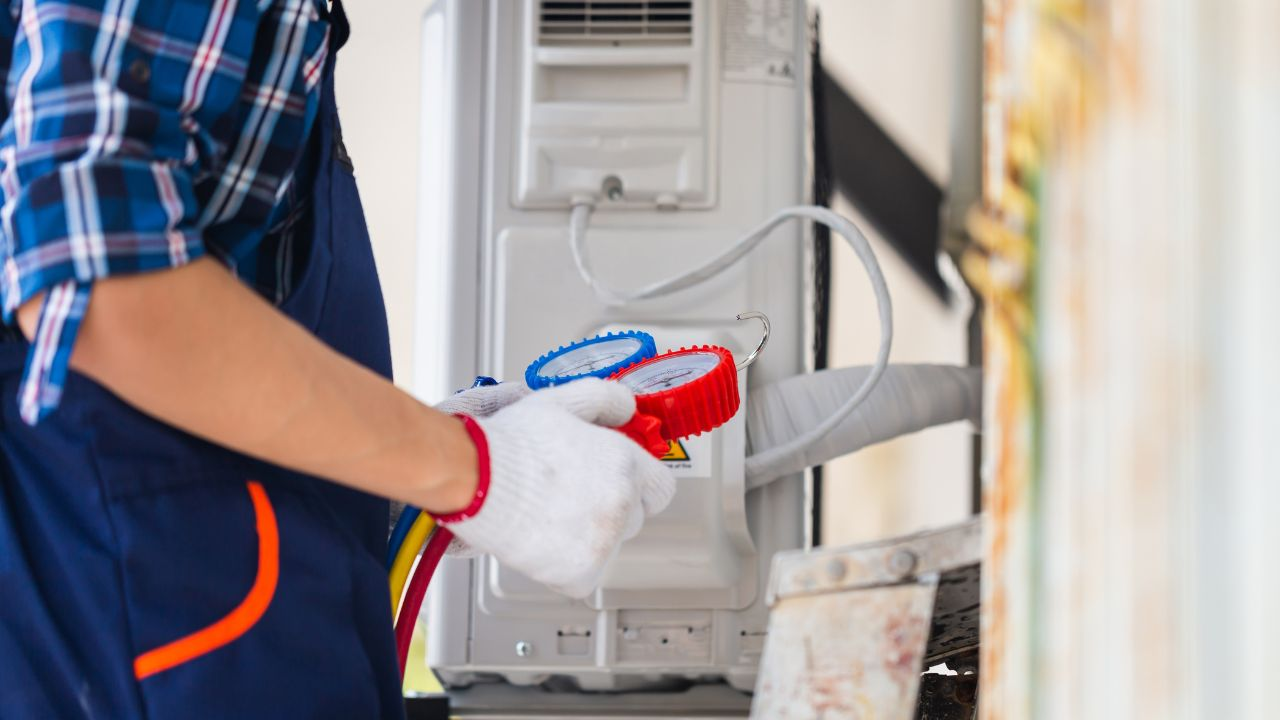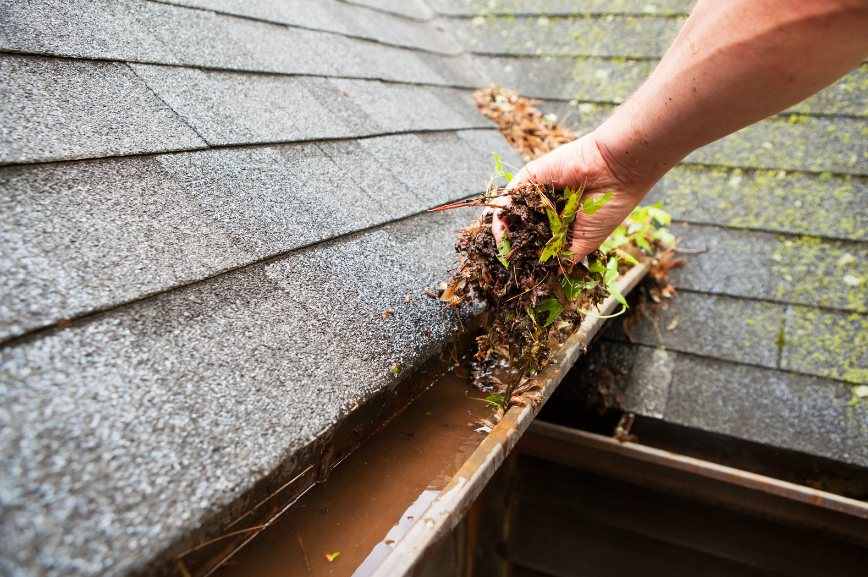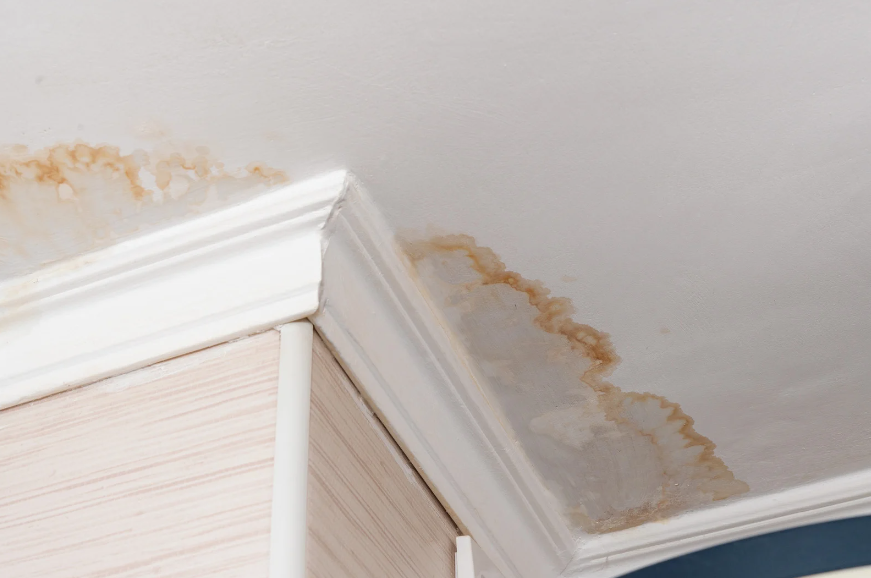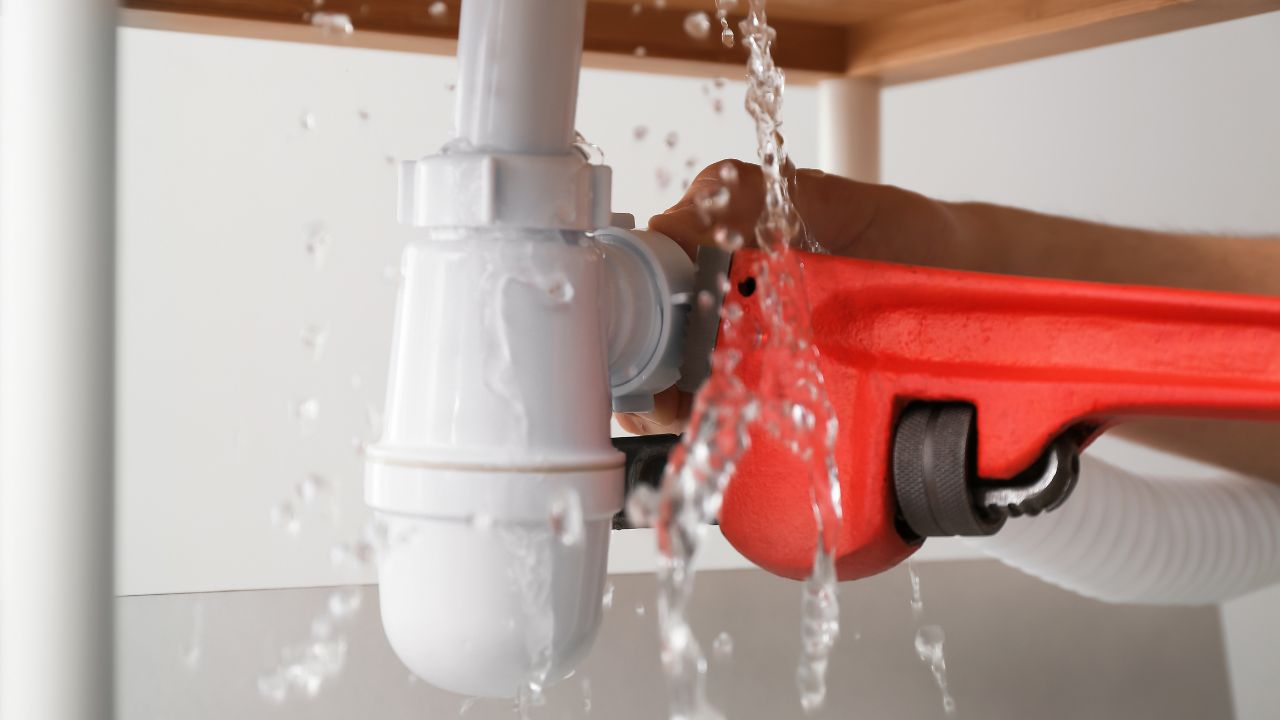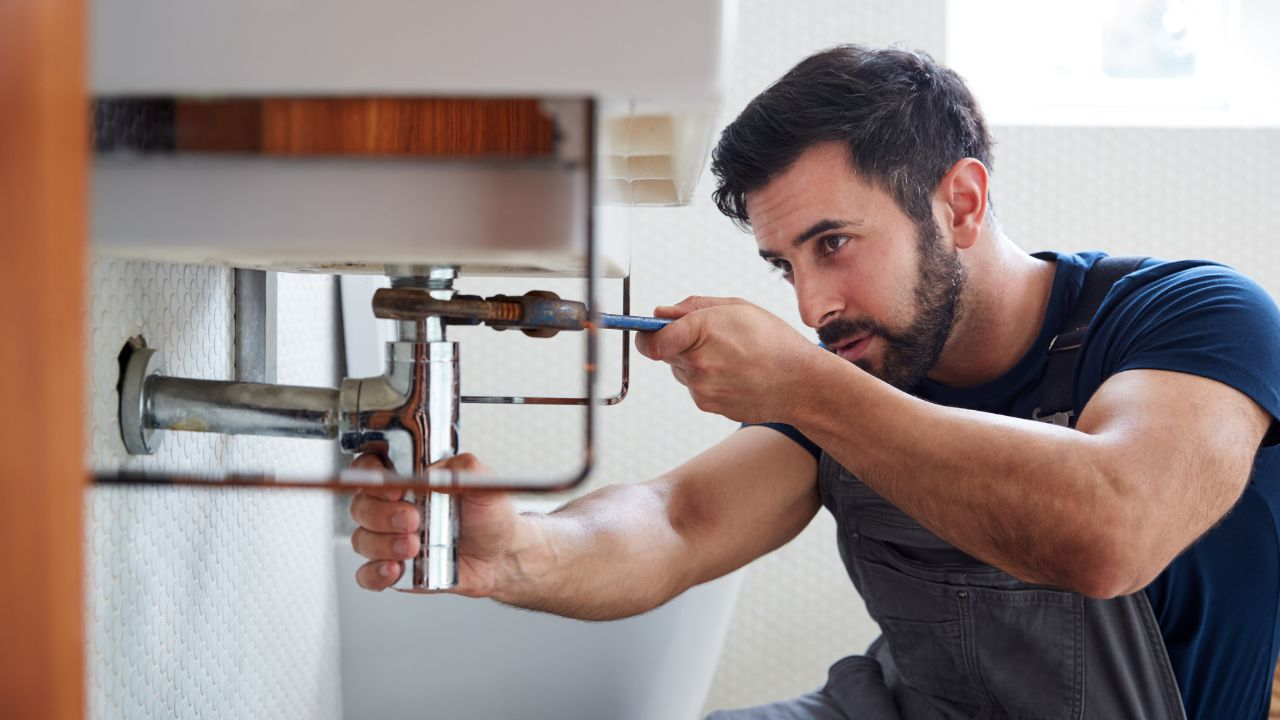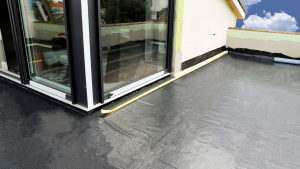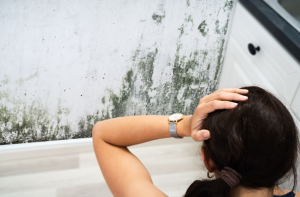Are you worried about water leaks damaging your home?
Whether it’s a slow drip from a pipe or a sudden burst, water seepage can have extensive consequences, ranging from structural issues to mould growth and electrical hazards.
Fortunately, there are practical strategies to safeguard your property and prevent water seepage and leakage. In this article, we’ll explore several key methods for protecting your home from water leaks and potential damage.
How do water leakages happen?
Water leaks can happen for several reasons. If not addressed promptly, each of these factors can contribute to water leakage and potential damage to your home:
Faulty Plumbing: Aging or poorly installed plumbing systems can develop cracks, corrosion, or loose connections.
High Water Pressure: Excessive water pressure can strain pipes, joints, and fixtures, causing them to weaken over time and eventually leak.
Temperature Fluctuations: Extreme temperatures can expand and contract pipes, potentially causing them to crack or rupture, especially in unheated areas such as attics or crawl spaces.
Clogged Drains: Blockages in drains or pipes can cause water to back up and overflow.
Worn Seals and Gaskets: Seals and gaskets in faucets, toilets, and appliances can degrade over time.
Foundation Cracks: Settlement or shifting of the foundation can create cracks through which water can enter the home, particularly during heavy rainfall or flooding.
External Factors: Damage from tree roots, soil movement, or accidental punctures from construction work.
Ways to Prevent Water Damage
1. Monitor Water Pressure and Flow
Use a water pressure gauge to check your home’s water pressure regularly. High pressure can strain pipes, leading to leaks, while low pressure may indicate underlying plumbing issues.
Burst or broken pipes are a leading cause of water leakages, often resulting from freezing temperatures or wear and tear. To fix them, locate the damaged section and shut off the water supply.
You can replace the broken pipe or use repair clamps from a local hardware store for temporary fixes until a permanent solution can be implemented.
If you have a water heater, it is also advisable to install an emergency pressure release valve in your plumbing system to prevent the risk of ruptures from excess pressure build-up.
2. Invest In Your Appliances’ Maintenance
Deteriorating hoses, valves, or seals in washing machines, water heaters, and dishwashers can cause leaks.
Check these appliances periodically for signs of visible damage, leakage, and failures. Schedule routine maintenance and replace faulty components like worn hoses and fittings promptly to prevent water damage and ensure appliance efficiency.
3. Use Leak Detection Devices.
Leak detection devices continuously monitor your plumbing system for signs of leaks, such as changes in water flow or pressure.
Consider installing water sensors or leak detection systems near vulnerable areas such as water heaters and washing machines to alert you if a water leak occurs.
By investing in leak detection devices, you’re not only protecting your property from water damage and saving yourself from a high water bill, but you’re also gaining greater control and peace of mind over your plumbing system.
4. Keep Gutters Clean
Clogged gutters can lead to water overflow and seepage into your home’s foundation.
Failure to keep the gutters clean will result in a musty smell and blocked gutters, which over time will cause issues with water flow and pressure and can cause a burst pipe and property damage.
Regularly clean gutters and downspouts regularly to remove debris and prevent blockages. You may also install gutter guards to minimise maintenance and reduce the risk of water damage.
5. Look Out for Signs of Water Damage
Exterior damage, such as cracks in the foundation or gaps around windows and doors, can allow water to infiltrate your home.
Ageing plumbing systems and infrastructure can develop leaks over time due to corrosion, rust, or deterioration. Conduct regular inspections and maintenance to identify and address potential issues before they escalate into major leaks.
Stay alert for signs of water damage, such as peeling paint, musty odours, or visible stains. Promptly addressing small leaks can prevent more extensive issues later on.
6. Educate Yourself on Leak Prevention
By learning about common causes of leaks and effective prevention strategies, you can take proactive steps to protect your property.
Understanding your plumbing system, practising regular maintenance, learning basic repair skills, implementing water-saving practices, and staying informed about advancements in leak-prevention technologies are all valuable aspects of educating yourself on leak prevention.
Don’t Let Leaks Rain On Your Parade!
Ready to learn more? Visit Allstar Waterproofing for expert advice on water seepage and leakage repair!
Every project benefits from Allstar Waterproofing’s more than two decades of uncompromising dedication and experience. Serving more than 3000 clients in the residential, commercial, and industrial sectors, we have been providing consistent, expert solutions customised for each project.
Contact us today!
